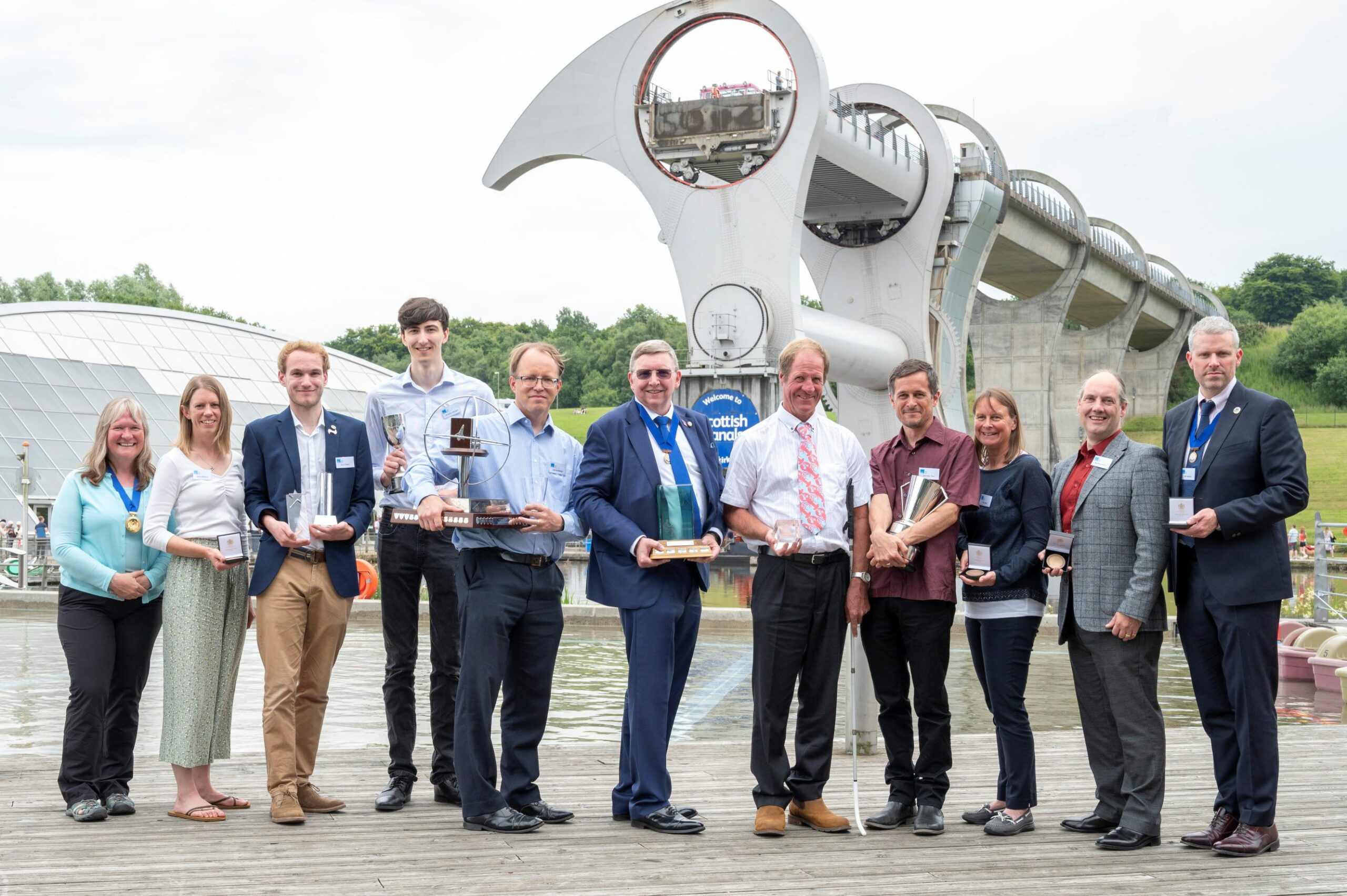Several Engineering Council registrants and their engineering peers have been acknowledged in the 2024 Birthday Honours List. The UK Honours system pays tribute to individuals who have demonstrated exceptional achievements and service. This year’s King’s Birthday Honours List features several registrants who have made significant contributions across various engineering fields and specialisms in the UK.
Attaining professional registration as Chartered Engineers (CEng), Incorporated Engineers (IEng), or Engineering Technicians (EngTech) signifies a commitment to meeting globally recognised standards of competence. This includes a personal dedication to upholding professional standards and fulfilling responsibilities to society, the engineering community, and environmental stewardship.
In particular, the Chair, trustees and staff of the Engineering Council would like to congratulate Professor Peter Moir Guthrie, Vice President and Trustee at the Royal Academy of Engineering (RAEng), on being awarded the Order of the British Empire (OBE). This was in recognition of his services to Engineering.
The Engineering Council extends its heartfelt congratulations to all the registrants honoured this year:
Dame Commander of the Most Excellent Order of the British Empire (DBE)
- Professor Karen Holford DBE BEng (Hons) CEng FIMechE FWES FREng FLSW
Chief Executive and Vice Chancellor, Cranfield University. For services to Engineering.
- Dervilla Mitchell DBE BE CEng MICE
Deputy Chair, Arup Group. For services to Engineering.
Commander of the Order of the British Empire (CBE)
- Professor P. John Clarkson CBE CEng FIED FIET FREng
Director, Cambridge Engineering Design Centre and Co-Director, Cambridge Public Health, University of Cambridge. For services to Engineering and Design. - Paul Howarth CBE CEng FREng MNucI
Chief Executive Officer, National Nuclear Laboratory. For services to the Energy Sector. - Professor Washington Yotto Ochieng CBE PhD MSc CEng FICE FRIN FInstCES FREng FCIHT
Head, Department of Civil and Environmental Engineering and Chair Professor in Positioning and Navigation Systems, Imperial College London. For services to Global Positioning and Navigation Systems.
- Professor Ian White CBE DL CEng FIET FREng
Vice-Chancellor and President, University of Bath. For services to Higher Education and to Engineering.
Officer of the Order of the British Empire (OBE)
- Professor Peter Guthrie OBE MSc BSc CEng FICE FREng
Vice President and Trustee, Royal Academy of Engineering. For services to Engineering. - Professor Richard Wakeford OBE BSc CEng MNucI
Professor of Epidemiology, Centre for Occupational and Environmental Health, University of Manchester. For services to the Advancement of the Science of Radiation Protection.
Member of the Order of the British Empire (MBE)
- Clara Bagenal George MBE CEng MCIBSE
Founder, Low Energy Transformation Initiative. For services to the Built Environment and to Climate Change. - Professor Clive Buckberry MBE BSc CEng FInstP FREng WCoE
Co-Founder and Engineering Fellow, Quanta Dialysis Technologies. For services to Medical Engineering. - Professor David Jones MBE BSc BA CEng FREng FIMMM
Professor, Pharmaceutical and Biomaterial Engineering and lately Pro-Vice-Chancellor, Queen’s University Belfast. For services to Education and to Pharmacy. - Mark Jones MBE CEng MIChem
Chief Executive Officer, Gower College Swansea. For services to Education. - Dr Lucy Rogers MBE CEng FIMechE FREng
Freelance Engineer and Author. For services to Engineering. - William Young MBE CEng MICE
Project Manager, South West College, County Tyrone. For services to Civil Engineering Education.
Medallist of the Order of the British Empire (BEM)
- Kirsteen MacDonald BEM CEng MIET
Technical Through Life Support Lead, Air Domain, Defence Equipment and Support. For services to Defence and to Hearing Impaired Personnel.
The King’s Birthday Honours List 2024 can be found on the Government’s website.








